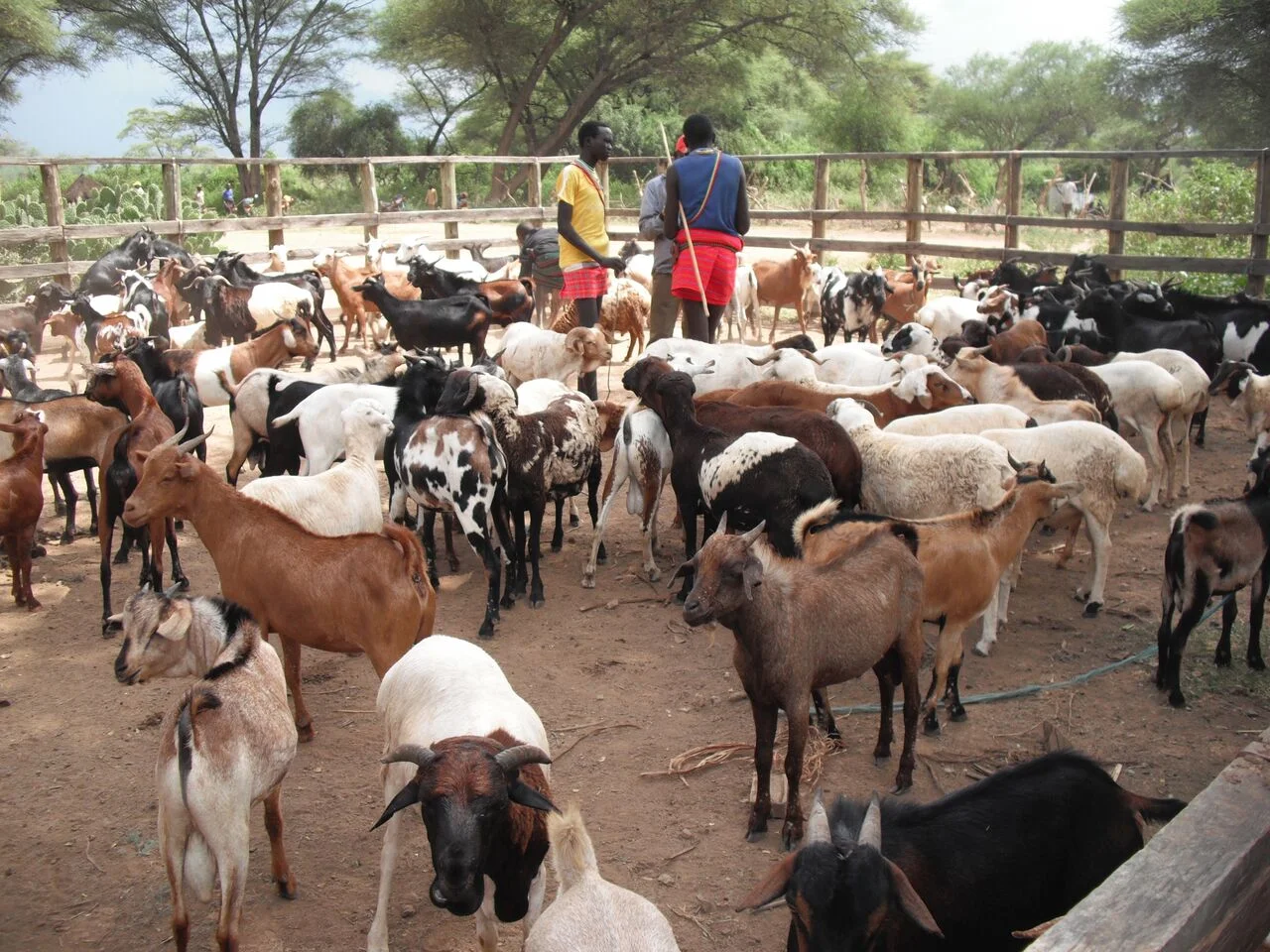Despite the diversity in culture and politics, there are several common characteristics shared across Africa. Many African countries have a low-level of per capita income, continued high-reliance on natural resources and agriculture, and face continued marginalisation in global political affairs, especially climate negotiations. There are therefore key challenges to prosperity in Africa that can be outlined:
Climate Change
Climate change will exacerbate many of the continent’s most pressing challenges and create new ones, making it a serious concern for Africa’s future. Climate change is the most pressing issue of our time. Despite the fact that many African countries are currently and historically among the smallest contributors to global warming, geographical misfortune means people living in Africa will be among the hardest hit. As ever, it will be Africa’s poorest who will be most vulnerable to the climatic disruption that will characterise this century.
While projections cannot provide absolute certainty and localised meteorological factors will play a significant role, temperatures will and are rising across Africa. According to projections from the Intergovernmental Panel on Climate Change, the temperature increases from global warming will be one and a half times greater in Africa than the global mean. Projections estimate that average temperatures between 2080-2099 could increase between 3.2-3.5, compared with average base levels between 1980-1999.
Water will be the primary means through which Africans will experience global warming. Patterns of rainfall will be affected across the continent, with rainfall becoming more common in East Africa, increasing slightly in West Africa and decreasingly strongly in North and Southern Africa. The risks differ across regions but include drought, flooding and energy shortages from hydropower failures. Heatwaves, especially threatening for the young and elderly, will increase exacerbating respiratory diseases and other existing health problems and causing higher death rates. These problems will be particularly pronounced in urban areas, where urban heat islands intensify heat. Climate change provokes mass migration, particularly through rising sea-level, water shortages and drought having serious implications for food security.
Food Security and Environmental Degradation
Food security and the impacts of environmental degradation are a growing concern for Africa. In Sub-Saharan Africa the percentage of people living with severe food insecurity increased from 25.3% to 26.1% between 2014 - 2016 equating to nearly 850 000 people, largely because low agricultural productivity has not kept up with high-population growth. The degradation to the continent’s soils caused by harmful agricultural practices and the effects of climate change will worsen the continent’s food security issues.
The UN’s Food and Agriculture Organisation (FAO) estimates that one quarter of the world’s farmland is highly degraded with soil erosion, water degradation and biodiversity loss which is decreasing agricultural productivity. In Kenya the productivity of cropland declined 40% between 1981 and 2003, just as population doubled. As a 2016 report from the FAO starkly warns “past agricultural performance is not indicative of future returns.” The consequences of a loss in agricultural productivity are dire economically as well as socially. For instance, the 1999/2000 drought in Kenya caused a 12% drop in Kenya’s GDP.
Climate change poses a serious threat to food security as already, many crops are being cultivated at the upper end of their temperature range. One forecast predicts that the effects of climate change could cause Africa to lose 47% of its agricultural output by 2100 while others are more optimistic at a 6% loss. The difference in these figures stem from differing projections of how well farmers will be able to respond to change, emphasising the importance of adaptation, particularly by smallholder farmers. Nonetheless, these figures provide little cause for comfort considering the FAO predicts that Africa’s food production must double by 2050 to feed its growing population. It is clear that these challenges require serious changes to the agricultural sector to ensure future generations can be fed.
Inequality
As recent scholarly work by Thomas Piketty and others have demonstrated we live in an era characterised by gross inequalities with wealth disproportionately going to the already wealthy. The wealthiest 1% of people have more wealth than the rest of the world combined and Oxfam estimates that in 2017 82% of wealth generated went to the 1%. In the developing world, inequality is growing too so that on average, while accounting for population size, income inequality increased by 11 per cent in developing countries between 1990 and 2010. Growing attention is being paid to inequality in global development reports, illustrated by the fact that one SDG is devoted to reducing inequality.
This trend is also true for sub-Saharan Africa. Despite the region reversing 25 years of economic stagnation to achieve a remarkable performance in the twenty-first century this has only been accompanied by a perceptible, modest but uneven decline in aggregate poverty. However, the benefits of this growth have been disproportionately shared so that the gross inequalities many African countries inherited upon independence have been exacerbated. According to the UNDP, of the 19 most unequal countries in the world, ten are in Africa.
Inequality matters. Evidence shows that, beyond a certain threshold, inequality harms growth and poverty reduction, the quality of relations in the public and political spheres and individuals’ sense of fulfilment and self-worth. This can have damaging impacts on overall society, notably in urban areas where marked differences in life opportunity can drive social problems, such as crime. Beyond income inequality, various forms of social inequalities, including gender inequality and a growing rural and urban divide are also undermining social cohesion. Moreover, gross inequalities impact the societal license to govern. As President Hage Geingob of Namibia observed on income inequality in his country to the UN General Assembly in 2017 “as long as the wealth of the country is disproportionately in the hands of a few, we cannot have lasting peace and stability.”

